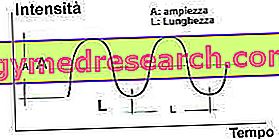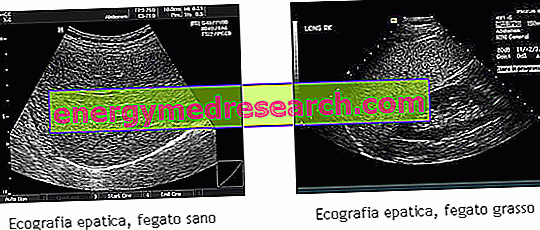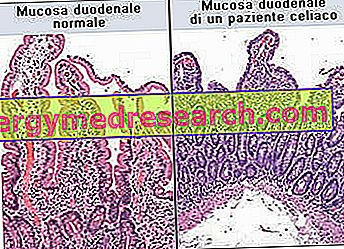Generality Renal scintigraphy is a diagnostic examination of nuclear medicine, which allows to study in detail the anatomy and function of the kidneys, detecting any anomalies. Renal scintigraphy involves the use of a radiopharmaceutical (which the nuclear doctor injects into the patient during the procedure) and the use of a device called gamma camera (which serves to translate into images how the radiopharmaceutical is distributed within the kidneys)
Category exams
How to apply ultrasound to diagnostics: Surface echo: high frequency probes are used (7.5-15 MHz). Transrectal echo: used to examine the prostate. Transvaginal Echo: to examine uterus, ovaries, bladder. Transurethral echo: through the urethra, to examine prostate and bladder. Per-endoscopic echo: through the insertion of an endoscopic tube
Ultrasound is a diagnostic technique that uses ultrasounds. The latter can be used in the execution of a simple ultrasound, or combined with a CT scan to obtain images of body sections (Tc-Ecotomografia), or even to acquire information and images of the blood flow (Ecocolordoppler). Deepening Articles Operating principle Methods of execution Applications Preparation Ultrasound of the prostate Ultrasound of the thyroid Liver ultrasonography Abdominal ultrasonography Breast ultrasound Transvaginal ultrasoundMorphological ultrasonography in pregnancy Principle of operation In physics, ultrasounds
Generality Pelvic ultrasound is an exam used in diagnostic imaging, which allows the study of organs and other structures present in the lower abdominal area : Bladder and end portions of the intestine (rectum and sigma); Prostate, vas deferens and seminal vesicles in humans; Uterus, vagina, fallopian tubes, cervix and ovaries in women
Generality Abdominal ultrasound is a diagnostic imaging technique that investigates the morphology and state of health of abdominal organs through the use of ultrasound. In particular, the ultrasound of the upper abdomen examines the liver, the gallbladder and biliary tract, pancreas, spleen, kidneys and adrenals, as well as the main vascular structures and lymph nodes in the region
Generality Endoscopy is a medical procedure that allows the visualization of internal organs of the organism, especially those communicating directly or indirectly with the outside (such as the esophagus). The method involves the use of a rigid or flexible tube, called an endoscope , which records and transmits images to a screen by means of miniaturized cameras; this instrument is inserted directly into the district to be examined, allowing the vision of the interior of the patient's body
Generality Erythrocytes, more commonly known as red blood cells, are the blood cells that carry oxygen to the tissues. A high amount of erythrocytes in the urine may depend on a mild problem that is easy to deal with from a therapeutic point of view, or it may be the symptom of a serious and potentially fatal disease
Generality The urine test , or urinalysis , is a diagnostic test that allows us to evaluate the chemical, physical and microscopic characteristics of urine . The doctors resort to urine analysis of patients in different situations: for example, when they suspect an infection or a disease of the urinary tract; when they want to analyze the effectiveness of a treatment for diabetes, kidney stones etc; when they want to understand the origin of apparently inexplicable symptoms; during a routine medical examination; etc
Watch the video X Watch the video on youtube Generality The examinations used for the diagnosis of celiac disease essentially include the patient's medical history and objective observation, the search for specific antibodies and autoantibodies in his blood, the execution of the sorbitol breath test, the stool test, and, in last analysis, the gold standard exam: duodenal biopsy
Generality A urodynamic examination is a diagnostic test that studies and evaluates the functionality of the bladder and urethra, during the respective tasks of storage (bladder) and release (urethra) of urine. As a rule, doctors prescribe a urodynamic examination in the presence of symptoms or conditions, such as: urinary incontinence, frequent urination, painful urination, difficulty in initiating urination, difficulty in completely emptying the bladder, presence of a urinary tract infection, etc
Generality The search for antigens of Helicobacter pylori in faeces is a recently introduced, non-invasive test with excellent levels of sensitivity and specificity, useful in the diagnosis of gastric infections due to Helicobacter pylori , often responsible for dyspepsia, active gastritis, peptic ulcers and calls in cause in the increased risk of stomach malignancies










